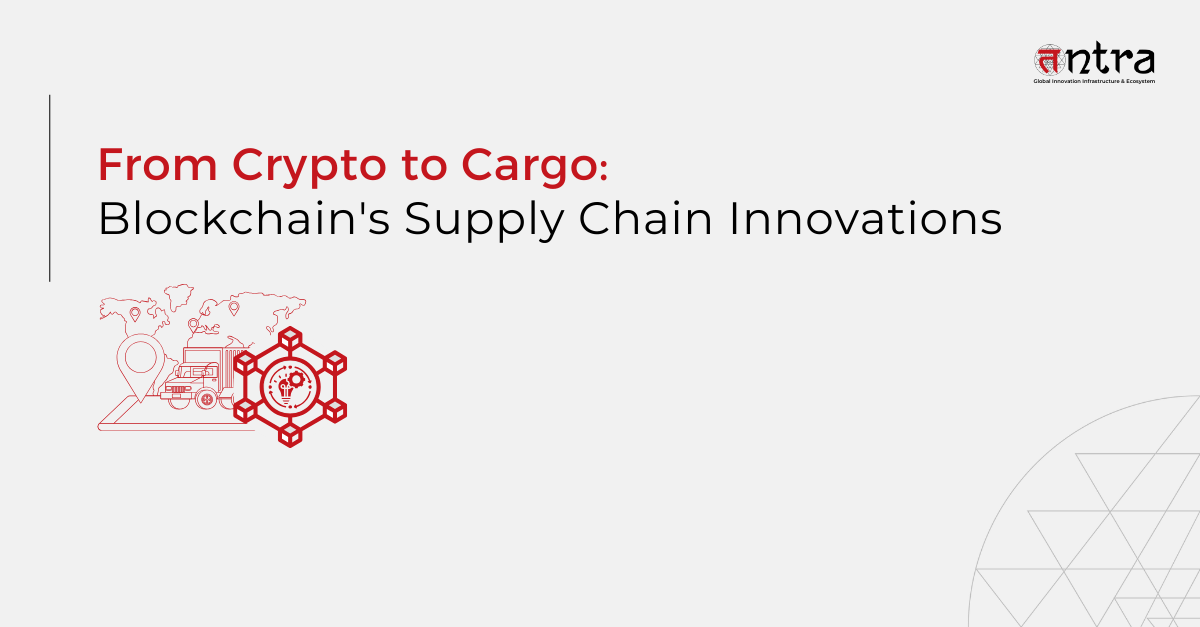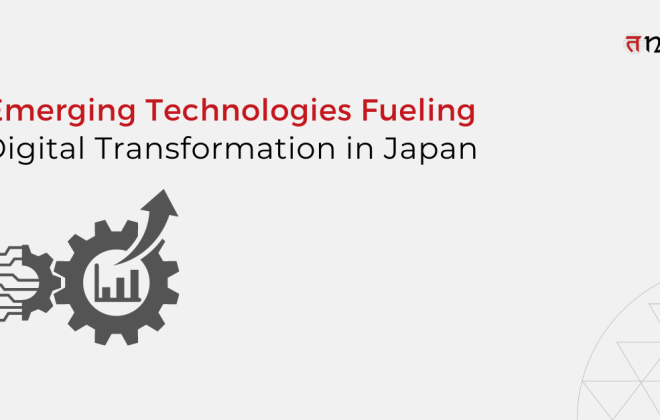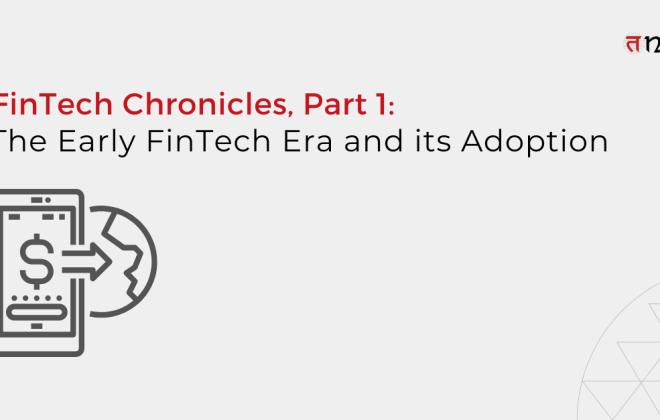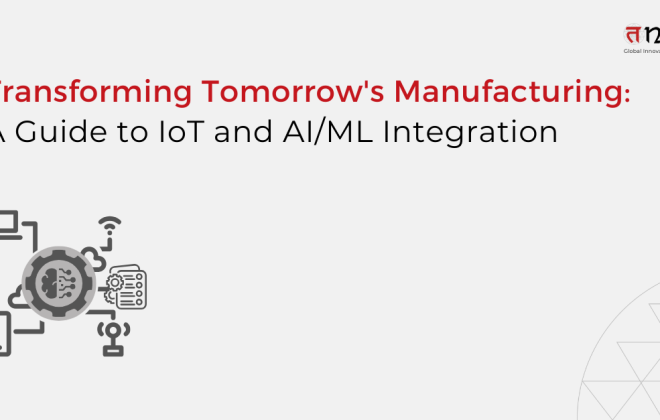
From Crypto to Cargo: Blockchain’s Supply Chain Innovations
Table of Contents
ToggleSupply chains are changing as a result of blockchain technology. Blockchain can lower costs, increase trust, and streamline procedures by offering an immutable, transparent, and secure ledger. Benefits from this technology include enhanced resilience, decreased fraud, automated processes, and higher traceability. Blockchain can be used, for instance, to automate supply chain contracts, track the flow of commodities, confirm the legitimacy of products, and guarantee adherence to environmental and ethical standards. We can anticipate major advancements in the production, distribution, and consumption of goods and services as more companies use blockchain technology. Continue reading to learn more.
SkyCell developed intelligent refrigerated containers with IoT sensors for the transportation of medications using blockchain technology. The sensors track the whereabouts of the medications in real time from any location in the globe, along with the humidity and temperature in which they are kept. Blockchain is used by the solution to store these parameters. Additionally, blockchain keeps a digital record with all of the logistics paperwork for every shipment. This data may be used as evidence and cannot be altered or removed.
During the epidemic, one of SkyCell’s clients used the technology to ship medications from Brussels to Mumbai. Medication had to be kept in storage at the airport until a different route could be arranged because flights at the transfer point were frequently canceled at that time. In certain circumstances, this took days. This was a serious issue because the outdoor temperature ranged from +41°F to +111°F. It was feasible to keep the temperature within the containers between +37°F and +55°F by using the SkyCell solution. Because of this, the medications were sent to India in a condition that made them safe to use, as blockchain verification proved. By utilizing this technology, the business was able to avoid financial losses and guarantee the safety of the medication they delivered.
(Source: Softeq)
Blockchain’s Ascent in Supply Chain: the Facts
A compounded annual growth rate (CAGR) of 29.14% is anticipated to propel the $2.08 billion blockchain supply chain industry to $9.77 billion by 2030.
In the next three to five years, supply chain management will be disrupted by blockchain, according to 58% of businesses.
More than half of supply chain experts believe blockchain would increase transparency and visibility in the supply chain. Blockchain is viewed as a strategic technology for the future success of an organization by 63% of supply chain executives.
How Blockchain Innovations are Augmenting Supply Chains
Think about the potential benefits of blockchain technology for the supply chain. For instance, a procurement manager frequently follows numerous procedures in an attempt to complete a task that may entail numerous locations, parties, and employees. In these complex sequences of events, a single mistake can frequently have disastrous effects on the entire sequence.
However, when you take into account the precision and security of blockchain, all parties are depending on the same data and are in agreement. Implementing blockchain solutions reduces interruptions and mistakes, and in the unlikely event that something goes wrong, it may be promptly fixed.

Here’s how Blockchain supply chain management solutions help:
- Cost reduction
Because blockchain technology eliminates middlemen and lowers administrative overhead, it can help save costs throughout the whole supply chain. This extends to the stages of product creation, delivery, and return, beginning with the planning and development stage. For instance, by lowering the expense of inventory tracking, the automotive sector can save money. At the moment, maintaining inventory levels requires manual processes including verifying stock availability and updating data by hand. Businesses can automate these procedures and cut down on the related administrative costs by utilizing blockchain technology. - Higher security
Because blockchain solutions are distributed and use cryptography, it is extremely safe. One of the main characteristics of blockchain technology is immutability. Distributed ledgers and cryptography methods allow data saved on a blockchain to be consistently encrypted and safe over time. Because of this, it is extremely difficult for bad actors to change the transaction history or tamper with data on the blockchain. Because all data is unchangeable and readily traceable back to its original source, immutability also facilitates better traceability within a supply chain. Additionally, this builds confidence amongst various supply chain participants and facilitates businesses’ capacity to uphold accountability. - Better customer experience
Customers gain from blockchain applications in supply chain management (SCM) as well, as companies can deliver goods more quickly and precisely. Customers may also monitor their items along the supply chain and determine their origins thanks to blockchain’s transparency. Customers are more likely to trust businesses as a result of being able to track the specific location of their goods and being assured of its authenticity and ethical sourcing. This decade, sustainability is important for businesses and consumers alike. High levels of customer experience and happiness are the result of trust and the capacity to make sustainable decisions that affect the environment and the lives of those who work on the product. - Increase transparency
The transparent and unchangeable record of every transaction made inside the supply chain is the primary feature of the blockchain. This lowers the possibility of fraud, increases accountability, and makes it easier to track things from their point of origin to their final destination. Additionally, this increases supply chain transparency and enables businesses to track goods and keep an eye on performance in real time. Consequently, this has the potential to enhance confidence across supply chain partners who use supply chain management software solutions.
Final Thoughts
Many businesses are investigating the advantages of applying blockchain technology to related fields, like developing smart contracts, tightening up purchase order payments, or developing demand chains where “real demand” signals may spread the upstream supply chain more quickly. Although we applaud the potential and strength of blockchain technology, we caution the supply-chain community to carefully consider its fit before putting it into practice where it is most needed. Blockchain can make a significant contribution to supply chain development services when used properly.
Tntra, a leading software product engineering company, has experts in Blockchain who can elevate your supply chain by building high-quality software solutions. We have worked with clients in multiple industries to help them build transparent and efficient supply chains through our proprietary methodologies.
Want to integrate blockchain in your supply chain? Schedule a call today.






